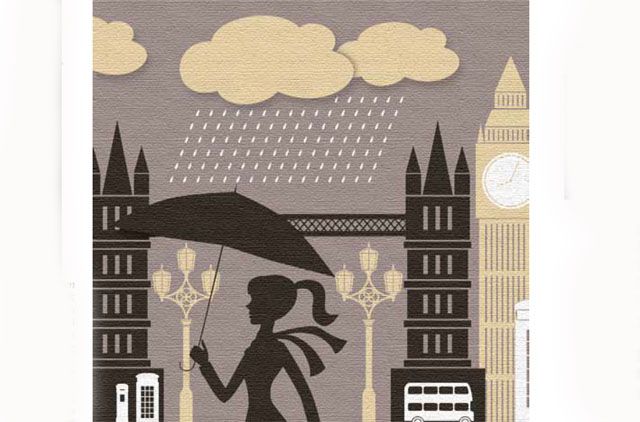Sarah Butler’s slender novella Ten Things I’ve Learnt About Love took just a few hours to read, but I am sure it will haunt me forever.
It is a howl against emptiness, against time, against the relentless march of losing and finding love — and it resonates long and loud.
Written with intensity and insight, the journey of Alice coming back to her dying father Malcolm and Daniel searching for his daughter he has never met sets you purring — even as it raises a hammer behind your head.
In this artful novel, Butler captures the sights and sounds of London, human complexities and the strangeness of searching for one’s identity, which comes mixed with crushed hopes and laced with the power of a father-daughter bond.
It begins when Alice, a drifter, after years of living in Ulan Bator, comes home to her father, a cancer-stricken man on his deathbed, and two sisters, Cee and Tilly, in London.
During the final days of her father’s life and after his death, Alice relives the past years, the oddest little moments, and what emerges is a vivid yarn of how she lost her mother in an accident when she was just 4, the reasons that served to sever her relationship with Kal and the realisation of a deeper connection with Daniel, an old man with a dodgy heart, down on his luck and surviving on the streets of London.
In chapters both riveting and profound, free-spirited Alice, who according to her sisters is always running away from life, unravels her relationship with Daniel, who makes her believe that “if you stand still in a place, for long enough, you can start to feel at home”.
Butler explores emotionally raw territory — conflicted feelings of love and our friable ties to those we care for most — as we soon learn that Daniel, not Malcolm, is Alice’s biological father.
She is caught in the avalanche of guilt that she is responsible for her mother’s death, as the rest of the story reveals Alice’s relationship with her father wasn’t always perfect.
And Alice and Daniel, like everybody else, are just looking for openness, for love and to be accepted for who they are.
Ten Things is relatively short, but the poetic concision and allusiveness of Butler’s prose give the story more heft than a mere 235 pages would suggest.
In these finely cut scenes, days are reduced to crucial moments, and those moments captured in just a few impressionistic lines, showing us how love can sometimes redeem even the most contentious people.
The pleasure of reading Ten Things stems from its layered brilliance.
These are deceptively simple scenes — standing still and watching the world shrink into patterns, lying down in the middle of Trafalgar Square and focusing on the tiny pinpricks of light in Ursa Major, Pisces and Orion, and walking through silent streets and hearing your own feet on the pavement, always the same, always different — but they all reward rereading. Butler moves her characters in and out of focus, always one step ahead of our sympathies, ready at any point with some evocative revelation.









